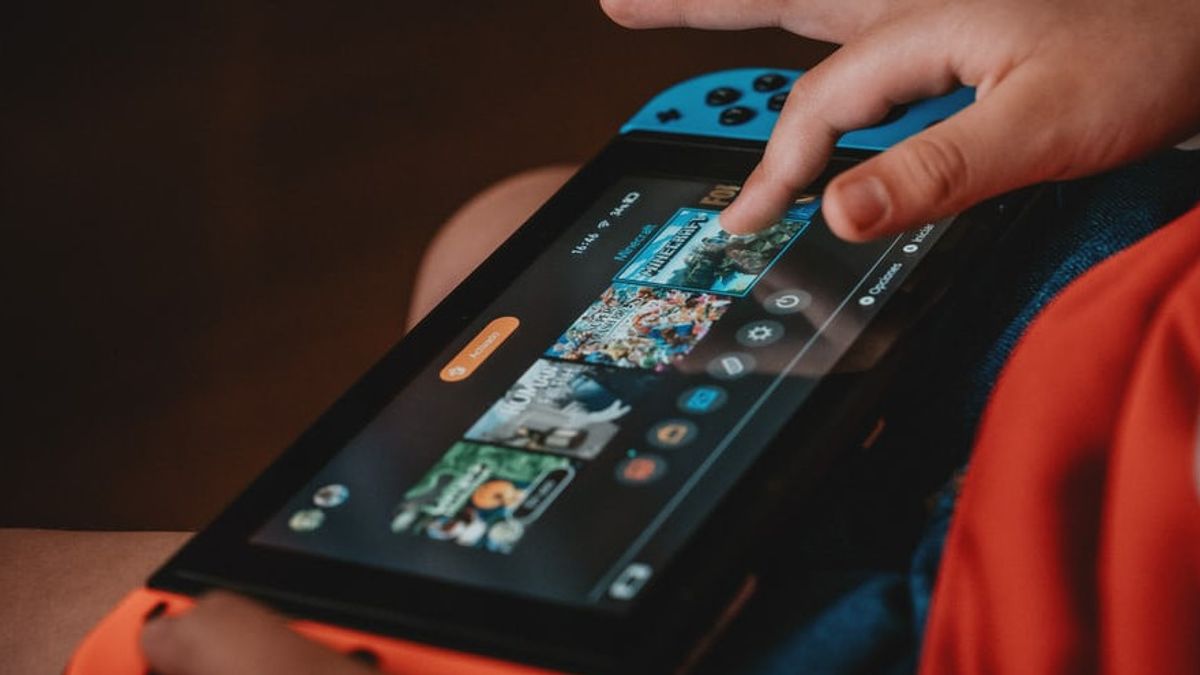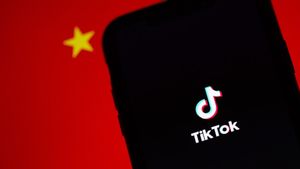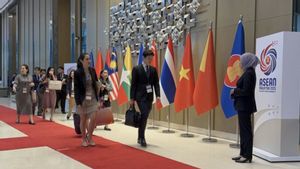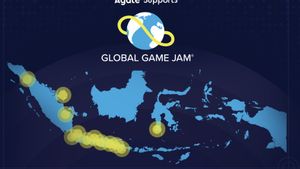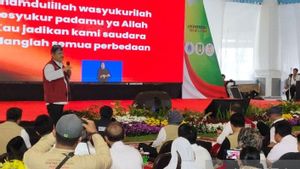JAKARTA - The impact of the global semiconductor crisis has also affected Nintendo in producing its game console, the Switch. Especially its newest console, OLED, which was launched last month.
Therefore, Nintendo will only produce 20 percent fewer Switches compared to its original goal of 30 million consoles for the fiscal year to March 31, 2022.
The company said it could only provide 24 million units by the end of March 2022, less than the 25.5 million it gave investors last May. Nintendo is short on chips, but that hasn't caused the Switch OLED to lose 4K video support. The pressure only keeps companies from meeting their market projections.
A Nintendo spokesperson told Reuters Wednesday, November 3, that supply and demand for semiconductor parts is tight, affecting Switch production. Currently, the company is evaluating the impact on its production.
"With regard to business risks, the continued impact of COVID-19 and the global shortage of semiconductors creates a continuing state of uncertainty, with possible future impacts on production and shipments. Despite these and other unforeseen risks, we continue to take all necessary actions to ensure that we continue to operate in a timely manner. running a business," said Nintendo.
According to a Nikkei Asia report, the Switch saw a 37 percent drop in sales this September, when compared to the same period last year. Switch demand is increasing rapidly amid the COVID-19 pandemic.
This is because people are looking for entertainment while at home. This is reinforced by reports that Nintendo has struggled to keep up with demand for the Switch OLED model in Japan in particular, with many retailers in the country having to resort to lottery systems due to limited supplies. The Switch took its place as the best-selling console in the US from 2019 to early 2021, only to be surpassed by the PS5, which sold fewer units than the Switch.
The English, Chinese, Japanese, Arabic, and French versions are automatically generated by the AI. So there may still be inaccuracies in translating, please always see Indonesian as our main language. (system supported by DigitalSiber.id)
